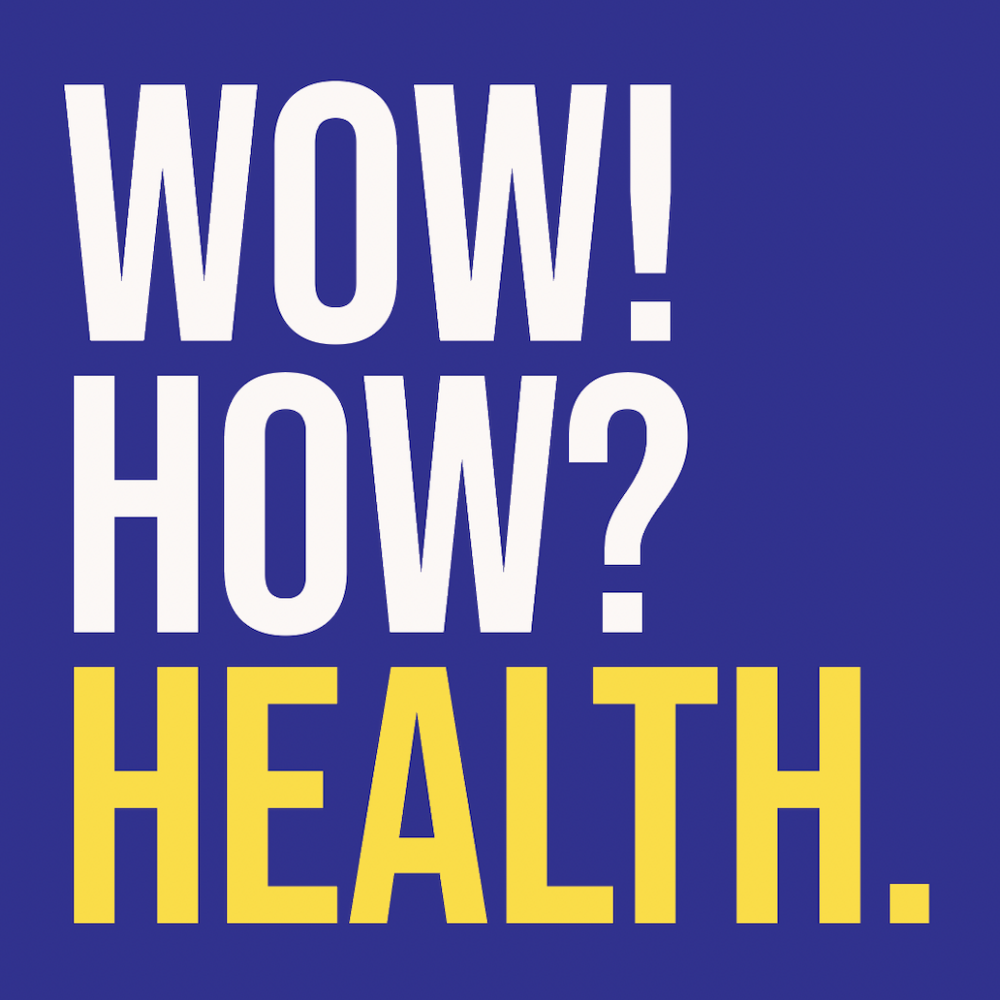
When her daughter, Sara, transformed from an active teen to a nearly catatonic shell of a person, Eileen Quinn knew she had to take action. Unfortunately, since Sara lives with Down syndrome her symptoms were likely to be dismissed as sad but inevitable. But Quinn had a hunch that her daughter’s rapid decline was not early-onset Alzheimer’s disease, nor was it late-onset autism (two diagnoses often given to people with Down syndrome).
Their story was recently captured by Richard Sima in The Washington Post: “A mystery illness stole their kids’ personalities. These moms fought for answers.” Here’s a gift link to the full story, which fits beautifully into the model of caregiver- and patient-led innovation that I introduce in my book, Rebel Health.
As a parent who was already active in the Down syndrome community, Quinn used social media to alert other families to the worrying symptoms. As a medical professional, she gave speeches and wrote papers to raise awareness among clinicians and researchers. Quinn stepped into her power as a Seeker and a Networker.
Soon, a Champion emerged, someone with access to mainstream resources who looked into the questions being raised by parents. Jonathan Santoro, director of the neuroimmunology program at Children’s Hospital Los Angeles, made the connection between the prevalence of autoimmune disorders among people with Down syndrome and this mysterious loss of function. He was able to identify signs that a patient’s overactive immune system was causing brain inflammation. Symptoms improved dramatically in many patients after standard immunotherapy reset their systems.
In 2022, Santoro led an initiative to define the condition as Down Syndrome Regression Disorder (DSRD) He says that bias against people with intellectual disabilities likely played a role in the delayed response to this community of sufferers. DSRD is an example of a medical mystery that was invisible to mainstream health care and people’s needs were not being met.

Thanks to Networkers like Eileen Quinn and her fellow parents, clinicians started investigating their children’s symptoms and, eventually, found treatments that work. When people are able to connect peer-to-peer, they trade ideas and borrow courage, pulling themselves and their communities out of isolation and toward answers. DSRD is one medical mystery that was no match for these moms.
Where have you seen examples of health conditions or challenges that are invisible to mainstream health care? What examples can you share of Seekers, who don’t give up their search for answers, or Networkers, who pool resources and learn in community? Comments are open.
Hello there, well let’s just call a horse a horse. Medical mysteries in the USA with arragonant doctors who think they know it are not for people with genetic conditions. What happens when you have a genetic condition or several, and they take you away from your family to see if you get magically any better. What happens when they take your sibling as well and yet no one is paying the penalties for their abuse. What happens when your a different race, intelligent, determined, trying to help your disabled child navigate life. What do they do… they break you down and try to destroy you. There is no one holding doctors accountable. Instead of getting help you get labeled as a trouble maker…. ie Munchhousians. Diagnosis happen even less with other cultures and yet we still get label. No going to other doctors for who may actually have a clue what’s going on. You over there sit there and do what your told type of attitude. We have been dismissed by several doctors who don’t even have a clue about the conditions my daughter and I suffer with yet we get dismissed time and time again just based on the label trouble maker. So no one in this special needs family with genetic disorders running amuck gets any sort of help other than general meds that may be able to treat the obvious breaks and scraps. Eds, lgmd and beals and that’s just with my daughter, me with cmt no one bat’s an eye to to our needs. Who do we actually complain to who will actually make a difference in our lives and give us relief from our symptoms, besides from lawyers who try to take you for everything you’ve got!
Yes, let’s call a horse a horse (and a zebra a zebra). There are too many people suffering, wishing for the kind of breakthrough described in the article and I’m deeply sorry that you are among them.
Thank you for your comment and I will think about what resources or people might be useful. I hope today is a good day and tonight a quiet night.
Thank you Sussana please let me know if something can be done. In the same event where kids were removed so was my career as teacher and caregiver because of a negative mark they put in my background check. The company i was already hired for says i couldn’t be hired or claim hours for my disabled children. They never sent me notifications that this was going to happen. When asked for proof of notification the supervisor of the agency called gruffly says to me, flat out, no!! All for talking my kids to the doctor for disease they didn’t want to hear of.